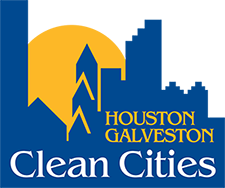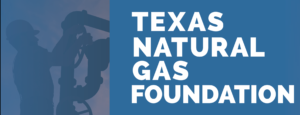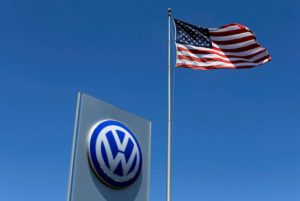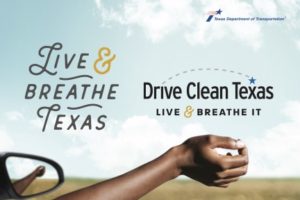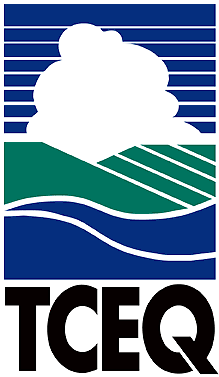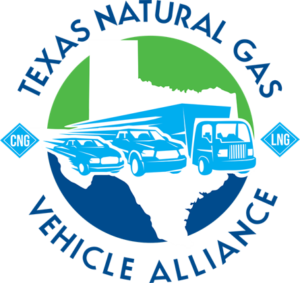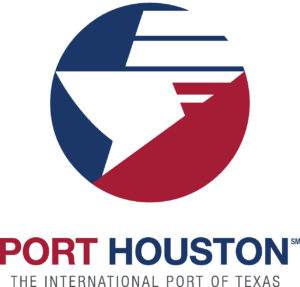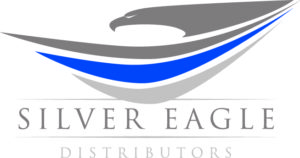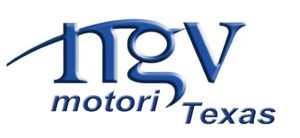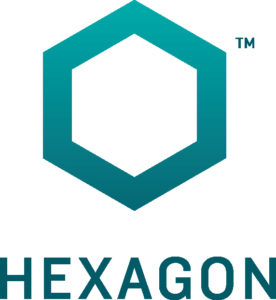The Governmental Alternative Fuel Fleet (GAFF) Grant Program is established under Texas Health and Safety Code, Chapter 395, to be administered by the Texas Commission on Environmental Quality (TCEQ or commission). The GAFF Grant Program is one of several incentive programs under the Texas Emissions Reduction Plan (TERP).
The GAFF Grant Program will provide grants to assist eligible applicants in purchasing or leasing new motor vehicles that operate primarily on compressed natural gas, liquefied natural gas, liquefied petroleum gas, hydrogen fuel cells, or electricity, including electricity to power fully electric motor vehicles and plug-in hybrid motor vehicles. The GAFF Grant Program will also provide grants to assist eligible applicants in the installation of refueling infrastructure for grant funded vehicles.
Eligible applicants include:
- a state agency or political subdivision that operates a fleet of more than 15 motor vehicles, excluding motor vehicles that are owned and operated by a private company or other third party under a contract with the entity; and
- a mass transit or school transportation provider or other public entity established to provide public or school transportation services.
The TCEQ will conduct a stakeholder meeting to solicit informal comments on the implementation and administration of the GAFF Grant Program on Wednesday, September 4, 2019, at 1:30 p.m., at the commission’s central office located at 12100 Park 35 Circle, Building E, Room 201S, Austin, Texas.
Written comments may be submitted to Ron Hieser, MC 204, Implementation Grants Section, Texas Commission on Environmental Quality, P.O. Box 13087, Austin, Texas 78711-3087, or faxed to (512) 239-0077. Electronic comments may be submitted to terp@tceq.texas.gov. Comments must be received by the TCEQ no later than September 30, 2019. Please note that this is an opportunity to provide informal comments to staff. While staff will review all comments received, the TCEQ will not be formally responding to any informal comments.
For additional information, please contact Ron Hieser at (512) 239-0244, or toll free at (800) 919-TERP (8377).
